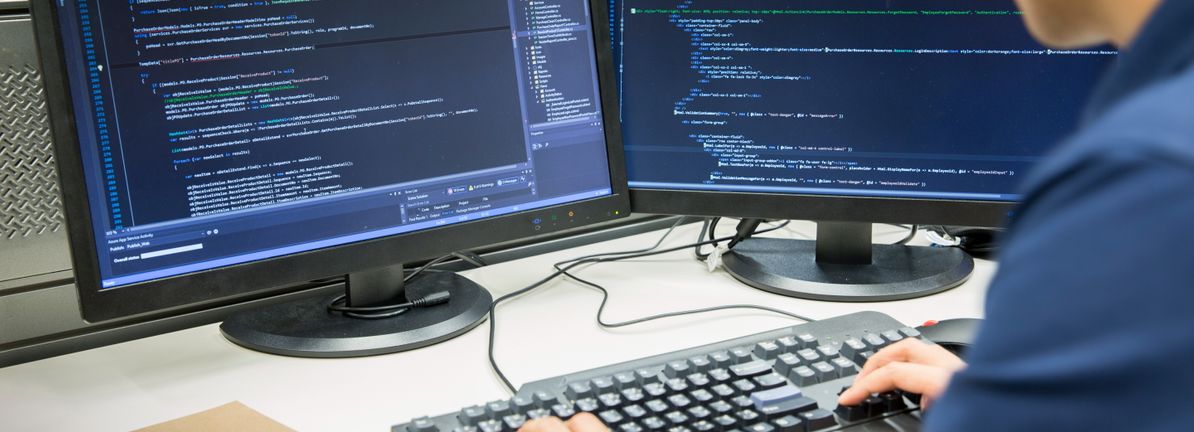Personal Development And Lifelong Learning

Personal development and lifelong learning are two intertwined concepts that have gained significant attention in recent years. In an ever-evolving and fast-paced world, the need to continuously grow and adapt is becoming increasingly important. This article aims to explore the depths of personal development and lifelong learning, delving into their definitions, benefits, and strategies for implementation. By the end of this comprehensive piece, you will have a profound understanding of how personal development and lifelong learning can enhance your life and unlock your full potential.
Defining Personal Development:
Personal development refers to the conscious pursuit of self-improvement through various activities and efforts. It encompasses the development of one’s skills, knowledge, attitudes, and overall well-being. Personal development is a lifelong journey that requires self-reflection, setting goals, and taking deliberate actions to transform oneself. It involves both the acquisition of new skills and the refinement of existing ones.
Benefits of Personal Development:
1. Self-awareness: Personal development helps individuals gain a deep understanding of themselves, their strengths, weaknesses, values, and beliefs. Through self-reflection and introspection, individuals can identify areas for improvement and develop strategies to enhance their personal growth.
2. Goal-setting and motivation: Personal development encourages individuals to set meaningful and achievable goals. By identifying their aspirations, they can create a roadmap for their personal and professional advancement. Through continuous self-improvement, individuals stay motivated and focused on their objectives.
3. Emotional intelligence: Personal development fosters emotional intelligence, which is the ability to understand and manage one’s emotions and effectively navigate interpersonal relationships. Developing emotional intelligence enhances empathy, communication skills, and conflict resolution abilities, leading to healthier and more fulfilling connections with others.
4. Increased resilience: Personal development cultivates resilience, the ability to bounce back from setbacks and overcome challenges. By building resilience, individuals develop a growth mindset, enabling them to view failures as opportunities for growth rather than barriers to success.
5. Improved self-confidence: Engaging in personal development activities boosts self-confidence and self-esteem. As individuals acquire new skills, broaden their knowledge, and achieve their goals, they become more self-assured, leading to increased assertiveness and a positive self-image.
Defining Lifelong Learning:
Lifelong learning refers to the continuous acquisition of knowledge, skills, and attitudes throughout one’s life. It is an active and voluntary pursuit that goes beyond formal education and extends into various aspects of life, such as personal interests, career development, and general curiosity about the world. Lifelong learning recognizes that learning is not limited to a specific time or place but is a lifelong endeavor.
Benefits of Lifelong Learning:
1. Intellectual stimulation: Lifelong learning keeps the mind active and engaged, preventing cognitive decline and promoting mental well-being. By challenging oneself to learn new things, individuals stimulate their brain cells, improve memory, and enhance critical thinking skills.
2. Adaptability and flexibility: In a rapidly changing world, lifelong learning equips individuals with the necessary skills to adapt and thrive. By staying updated with the latest advancements in their field or exploring new areas of interest, individuals can remain relevant and adaptable in an evolving job market.
3. Personal fulfillment: Lifelong learning allows individuals to pursue their passions and interests, leading to personal fulfillment and a sense of purpose. By dedicating time to learning about topics they are genuinely passionate about, individuals gain a deeper understanding of themselves and the world around them.
4. Professional growth and advancement: Lifelong learning plays a crucial role in career development and advancement. By continuously upskilling and expanding knowledge, individuals become more competitive in the job market, increasing their chances of professional success.
5. Social engagement and connection: Lifelong learning often takes place in social settings, such as workshops, seminars, or online communities. Engaging in learning activities provides opportunities for individuals to connect with like-minded individuals, expand their social networks, and foster meaningful relationships.
Strategies for Personal Development and Lifelong Learning:
1. Self-reflection: Regularly take time to reflect on your goals, values, strengths, and weaknesses. Self-reflection helps identify areas for personal development and sets the foundation for lifelong learning.
2. Goal-setting: Set SMART (Specific, Measurable, Achievable, Relevant, Time-bound) goals that align with your personal and professional aspirations. Break these goals into smaller, actionable steps to make them more attainable.
3. Continuous learning: Embrace a growth mindset by acknowledging that learning is a lifelong journey. Seek out opportunities for learning, such as workshops, courses, online resources, or even informal experiences like joining a book club or attending lectures.
4. Adopt a diverse learning approach: Explore various learning methods, such as reading, attending lectures, participating in workshops, engaging in online courses, or seeking mentorship. Different approaches cater to different learning styles, ensuring a well-rounded development experience.
5. Reflect on your learning: After engaging in learning activities, take time to reflect on what you have learned and how it can be applied to your personal and professional life. Regular reflection enhances knowledge retention and promotes the application of new skills.
6. Seek feedback and mentorship: Surround yourself with individuals who can provide constructive feedback and guidance. Mentors, coaches, or trusted peers can offer valuable insights, helping you identify blind spots and providing support along your personal development journey.
Conclusion:
Personal development and lifelong learning are powerful tools for self-improvement, growth, and fulfillment. By engaging in continuous learning and focusing on personal development, individuals can unlock their full potential, enhance their well-being, and lead more fulfilling lives. Embrace the lifelong journey of personal development and learning, and you will embark on a transformative path that will positively impact every aspect of your life. Remember, the power to grow and evolve lies within you – seize it with open arms!





/cloudfront-us-east-1.images.arcpublishing.com/gray/JBNFL2HRDVB6DHNETWL6SFDSGY.jpg)